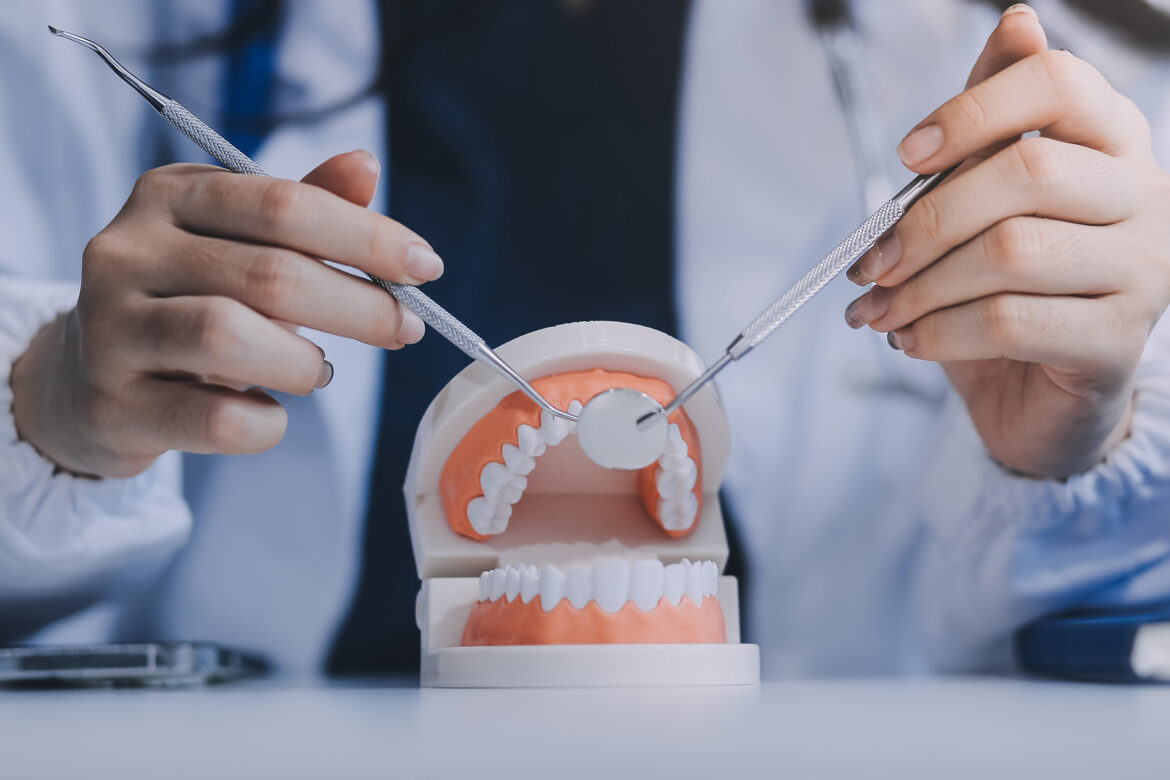Oral complications—including mucositis, dry mouth, and pain, among others—may be a common adverse effect from cancer treatment, and oncology nurses play an important role in identifying them in patients so they can be treated in a timely manner, an expert said.
Oncology Nursing News spoke with Alessandro Villa, DDS, PhD, MPH, Chief of Oral Medicine, Oral Oncology, and Dentistry at Miami Cancer Institute, to learn more about the common oral adverse effects of cancer therapies and how nurses can help patients manage them, which sometimes may require a referral to an oral specialist.
What is an oncology nurse’s role in the management of oral complications in patients with cancer?
Oral complications from cancer therapy are relatively common. They affect about 80% of patients with
cancer, not only head and neck cancers, but any cancer. Several targeted agents are associated with some sort of
oral toxicity, whether it’s mucositis, dry mouth, or new forms of toxicities that affect the oral mucosa. Generally,
providers tend to name them as “stomatitis.” But stomatitis is really a general term.
There are different types of toxicities that range from mTOR inhibitor-associated stomatitis to
immunotherapy-related adverse events, all of which present in the mouth in a different way. And having nurses
involved in the management of oral complications from cancer therapy is fundamental. They really serve as the
gateway to oral health in general. There are advantages of improving nursing performance towards oral healthcare for
patients with cancer, to make sure that there is adequate knowledge but also to make sure that there is awareness
among nurses to identify any early signs and symptoms of oral toxicities to therefore implement any preventative
measure or communicating with other oral healthcare team members to improve the oral health of patients with cancer.
You mentioned increasing awareness with oncology nurses. Is it that the topic of oral healthcare is not discussed with patients or is there a knowledge gap in this area?
There’s knowledge around oral healthcare, in terms of oral hygiene and dental health of patients. But
there’s maybe the need for improved awareness and education around mouth complications following cancer therapy.
Every patient that is in the hospital for cancer care or as an outpatient receiving chemo or radiation, they should
be instructed to maintain good oral hygiene, see their dentist on a regular basis, when allowed and when possible,
depending also on their systemic health in general. This is the first step to better dental health.
Then there are the other oral complications from cancer therapy, which include different types of
mucosal diseases, which may be identified initially by the nurses. So I think that the expectation is in terms of
management to provide palliative care to control the pain of some of these lesions, but also being able to refer the
patient when needed to an oral medicine specialist. We specialize specifically in mouth diseases and complications
from cancer therapy.
Why is it important for patients with cancer to maintain their oral health?
There are different aspects to it.

